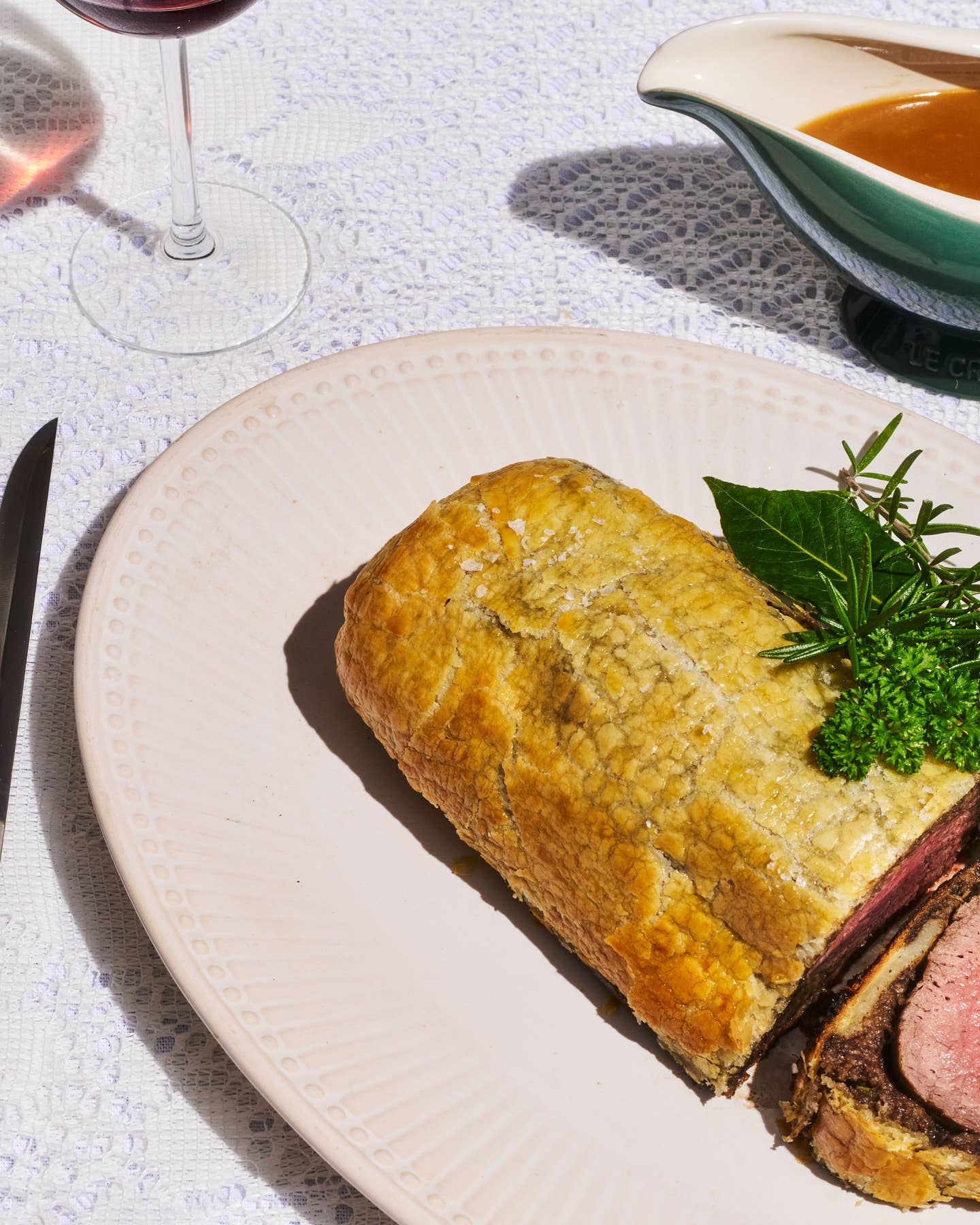
During World War II, it made perfect sense to seal fresh cheese in metal cans and send it across the Pond to our troops. In the fifties, when suburban backyards came equipped with A-bomb shelters, canned cheese still had a certain practical, if not patriotic, appeal.
But the idea never really caught on. Better refrigeration and faster transportation for shipping fresh cheese doomed the canned stuff to quaint memory—everywhere, that is, except at the creamery at Washington State University in Pullman, where the cheese-canning process was developed half a century ago. Food science students at WSU not only still produce canned cheese, but ship it all over the globe. And customers aren't paying for mere novelty: If canned cheese has survived, it's because the creamery's best-selling variety, Cougar Gold, happens to be one of America's great cheeses.
From the 1920s through the 1960s, most land-grant universities like WSU had dairy science departments, many of which produced a distinctive cheese or two. Today, thanks to budget cuts in the 1970s, only a handful of such colleges still make cheese, and almost all of these just sell their products locally. But WSU has actually expanded its dairy output in recent years, and produces more cheese than any other school by far, even the University of Wisconsin in America's number-one cheese-producing state.
Cougar Gold was named both for the Washington State mascot and for the late N. S. Golding, the WSU dairy science professor who first figured out how to can cheese. The problem is that most cheeses produce carbon dioxide even after they're made, and this causes cans to bulge. Golding discovered that he could decrease the carbon dioxide level in each batch by adding an additional amount of lactobacillus culture. Not only did the cans stay intact, but the cheese acquired a unique flavor in the process.
Thus was Cougar Gold born, a fine, full-bodied, tangy cheese that's as versatile as it is tasty. This uncolored, slightly crumbly round is aged for a year before selling, giving it enough spunk to hold its own against sharp cheddars and other such varieties. Some compare its taste with that of gouda, but we place it closer to that of parmigiano-reggiano—and it also reminds us of lancashire, especially the way it melts into a creamy mass to form the basis of a superlative cheese soup.
Cougar Gold also has a long shelf life, thanks to its can, which is adorned with cheerful yellow and white stripes. If stored unopened and refrigerated, the vacuum-sealed container will keep the cheese in top condition for years. As it ages, in fact, the cheese becomes sharper, drier, and more crumbly in texture.
In addition to Cougar Gold, the WSU creamery produces an aged, orange-colored American cheddar; a smoked version of the same; and a semisoft cheese called Viking, similar to monterey jack, that comes in both a regular and a reduced-fat version, as well as in various flavored versions—hot pepper, dill garlic, sweet basil, Italian, and Mediterranean. The creamery also makes and sells ice cream—but only at its campus shop in Pullman. They're all good products, but Cougar Gold remains the creamery's star.
Keep Reading
Continue to Next Story










